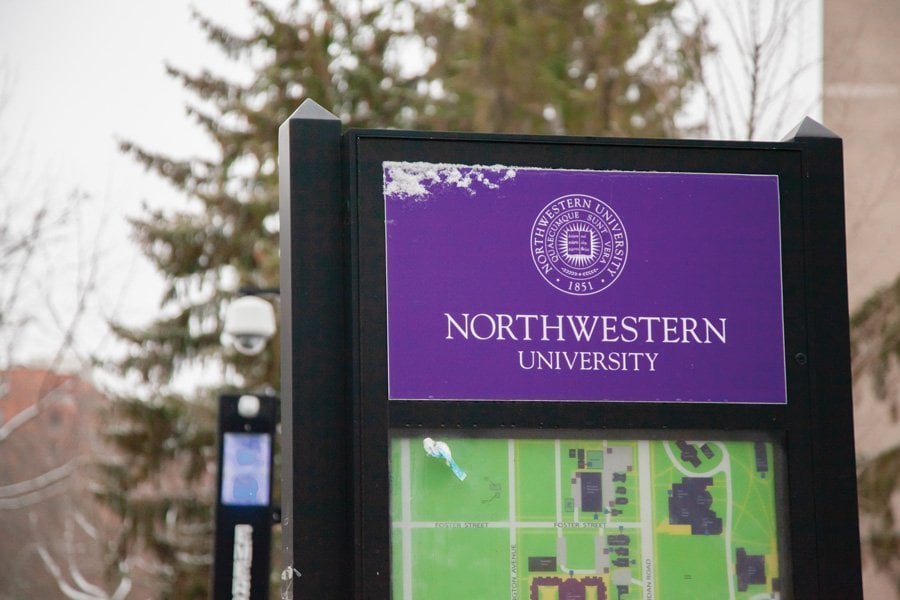Study finds gender gap in social media networking outcomes for physicians
Daily file photo by Joshua Hoffman
A Northwestern Medicine study found female physicians gain less professional advantages from online networking than their male counterparts.
May 17, 2021
Male physicians gain more professional advantages from social media networking than female physicians, a Northwestern Medicine study found.
According to the May 13 study, published by the American Medical Association, both men and women physicians were able to grow their professional networks through social media, but men were more likely to receive invitations to academic events as a result.
The findings reflect challenges women physicians experience as they try to advance their careers in person, Feinberg Prof. Nicole Woitowich, one of the authors of the study, said in a University release.
“There’s been this line of thinking that social media can be used to level the playing field and give women equal opportunities, but it turns out the same biases that promote men are occurring online as well,” Woitowich said. “Women are not reaping the benefits of social media, and they’re doing so in the face of more online harassment.”
Women in the study were also more likely to use social media for social support compared to men, who primarily used it for educational and research reasons. Woitowich said this is because men don’t face the same amount of sexual and verbal harassment as women in the industry and therefore don’t need an additional support outlet.
The data also suggested these gender gaps may occur in other male-dominated professional fields, which is troubling, Woitowich added.
University of Illinois at Chicago Prof. and senior author Shikha Jain said there are multiple organizations dedicated to addressing these gender inequities and amplifying the voices of female experts, including Women of Impact and Dear Pandemic.
“Our study makes it even more clear that it is necessary to be intentional in how we engage on social media, and the importance of amplifying women, minorities and those with intersectional identities,” Jain said. “There are many benefits that can come from engaging online, as has been shown in other studies, but pitfalls that exist in the real world are just as prevalent in the digital space.”
Email: [email protected]
Twitter: @jacquygermain
Related Stories:
— NU researchers develop a wireless fetal-monitoring sensor
— NU interdisciplinary program to develop device to control circadian rhythms
— Northwestern reports record low positive COVID-19 cases in months as Illinois enters Bridge Phase












